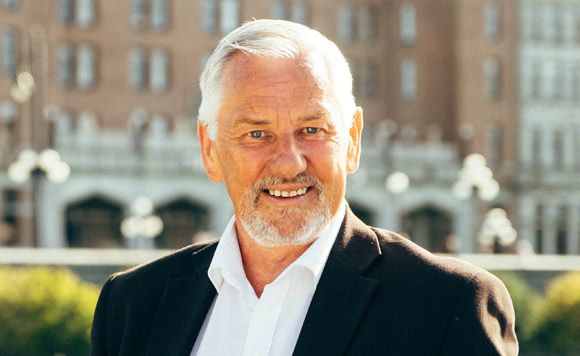by Alistair Mackay, CFP, CLU, CHS – Alistair Mackay Financial Planning –
Entrepreneurship and creativity have been at the core of, and driving, our economy for centuries. It can take owners several years to build their venture and often small businesses will have their personal and family finances locked in to that business. Being focused on the day-to-day, owners will often ignore or delay their personal financial planning until they come close to retirement.
A core part of financial life planning is to start early and try to balance your personal and business objectives, both current and future, all at the same time. The first and most important step in the personal financial life planning process is setting your short and long-term financial and life goals. Striking the right balance between your business and personal goals is a key to achieving them. Prioritizing one over the other may hurt your own long-term financial success.
Every small business idea requires capital to start. Sometimes, success depends on the entrepreneur’s ability to secure financing. Often, the funding comes from personal savings or the sale of property. Other times, the owner needs to look for external funding within their social circle or approach a financial institution.
Even the best idea can fail if it doesn’t generate a profit. Company revenue should be higher than expenses. Many ventures fail because they cannot generate enough revenue to cover all costs. Small businesses need cash to maintain healthy growth. The capacity to produce cash from its operations will determine the company’s ability to pay its employees, creditors, and vendors. Building a disciplined system of managing receivables and payables, and maintaining a cash buffer for emergencies, are key.
Filing and paying taxes is a long and painful process. Current provincial and federal tax law is very complex. To avoid missed opportunities and last-minute mistakes, you must prepare for the filing process in advance. Start early. Keep a clear record of all your expenses. Track all tax filing dates. Remember to pay all federal, provincial and municipal taxes, source deductions, and fees. Most definitely work with a professional accountant.
Many small business owners will tell you that they have so many balls in the air that actual business and financial planning is a low priority. One of the reasons for this is that it is not a major focus for them. Planning is paramount: if you cannot find a way of personally getting it done, turn to a financial planner and other advisors. We can hope for success but often cannot foresee failure. No one plans to fail they just fail to plan.
For more call Alistair Mackay, CFP CLU CHS at 250-514-8424.




